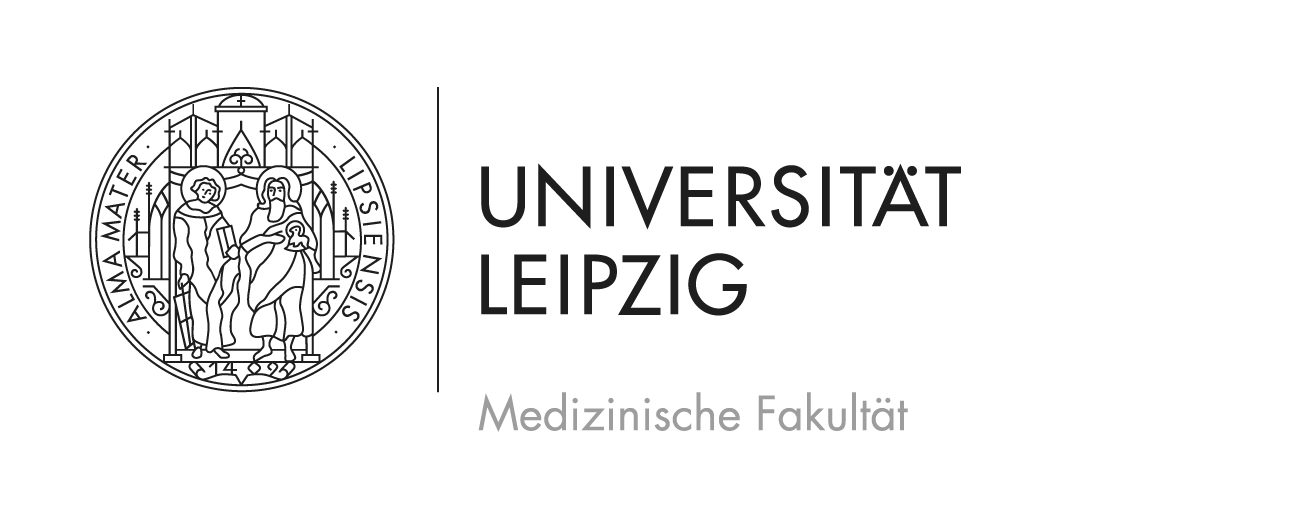
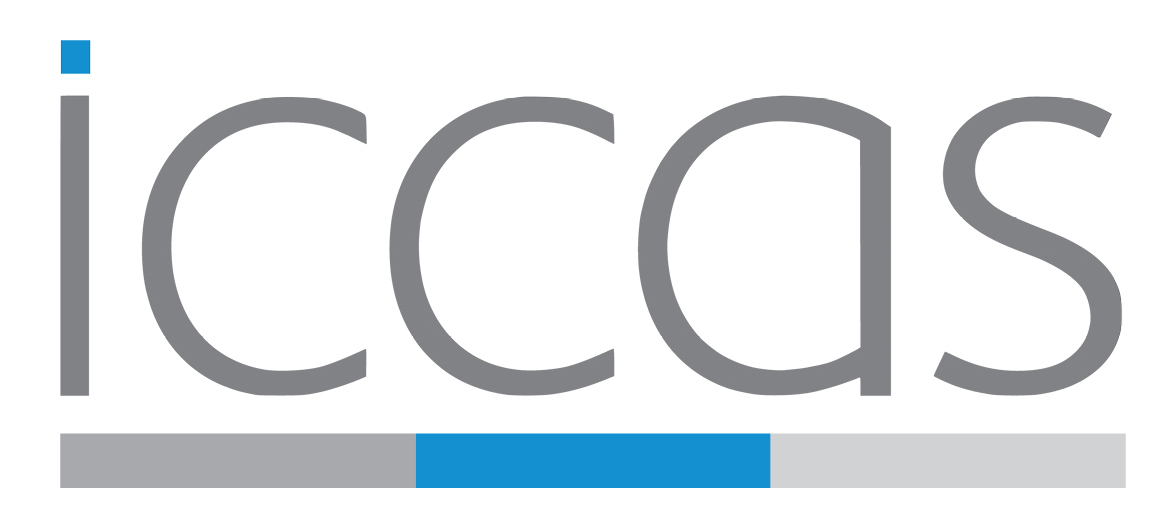
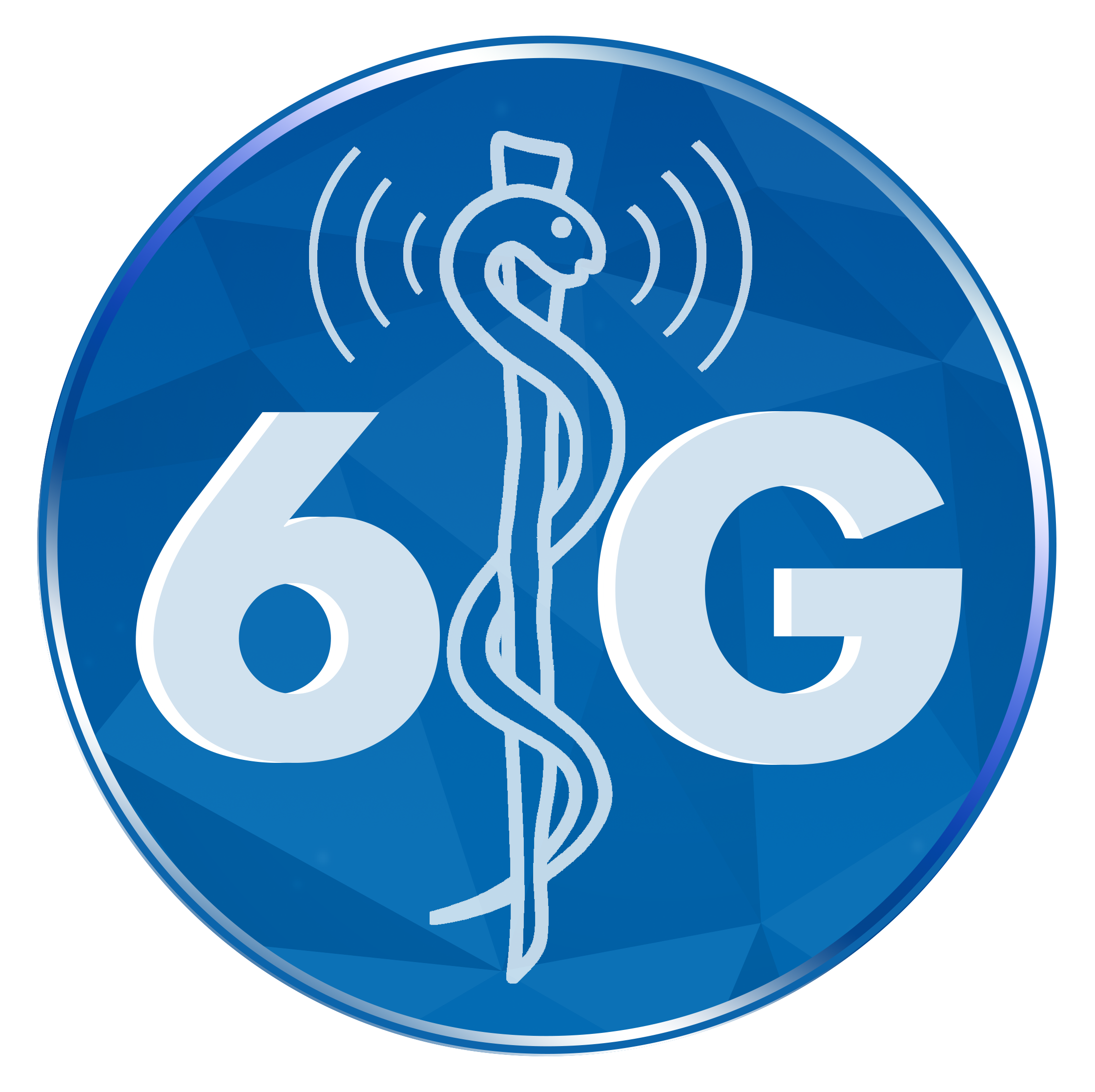
Model-based medicine and intelligent operating room
Prof. Dr. Thomas Neumuth
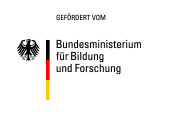
Overall project:
The 6G-Health project brings together the domains of communications engineering, medical engineering with medical and technical end users to enable precisely tailored technology development in the field of sixth-generation mobile communications (6G). This involves not only developing specific 6G technology components, but also identifying market entry barriers at an early stage and developing possible countermeasures. These include, above all, the aspects of licensing, operation and standardization. At the technical core are developments in the area of sensor integration in 6G, the development of technologies for enhanced network intelligence, and concepts and technologies for intelligent distribution of computing resources and efficient pre-processing of data at various levels of the infrastructure. From a medical perspective, representative applications from three areas will be addressed: The acquisition of biosignals directly at the patient and their transmission, the use and processing of data and information to improve a collaborative work environment, and applications of 6G in the field of Smart Hospital with the aim of recording and optimizing intraclinical processes.
Subproject – Leipzig University Medical Center:
Leipzig University Medical Center (UML) is developing ideas and concepts for the field of 6G research in medical technology applications. Technically, the main focus is on the investigation of application scenarios for the use of 6G technologies in clinical processes and their optimization. 6G can make a major contribution by providing a flexible, energy-efficient and high-performance infrastructure. The use of advanced sensor technology in clinics including the possibility of Joint Communication and Sensing (JCAS) as well as distributed processing intelligence opens up various advantages while significantly reducing power consumption. The medical applications addressed in the project are representative of different classes of medical applications. They are intended to highlight a wide range of future challenges and opportunities, which can be discussed with communication engineering experts via the 6G platform. In the project, the UML assumes the role of a mediator between the domains of medicine, communications engineering and medical engineering.Here, in the sense of a holistic understanding of the project, not only the technical applications are considered, but also the requirements for the future technologies through standardization and operation. To this end, the work is closely interlinked with players from the various domains and with experts from the areas of approval, operation, standardization and standardization.
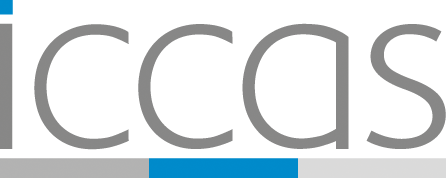
Um dir ein optimales Erlebnis zu bieten, verwenden wir Technologien wie Cookies, um Geräteinformationen zu speichern und/oder darauf zuzugreifen. Wenn du diesen Technologien zustimmst, können wir Daten wie das Surfverhalten oder eindeutige IDs auf dieser Website verarbeiten. Wenn du deine Zustimmung nicht erteilst oder zurückziehst, können bestimmte Merkmale und Funktionen beeinträchtigt werden.